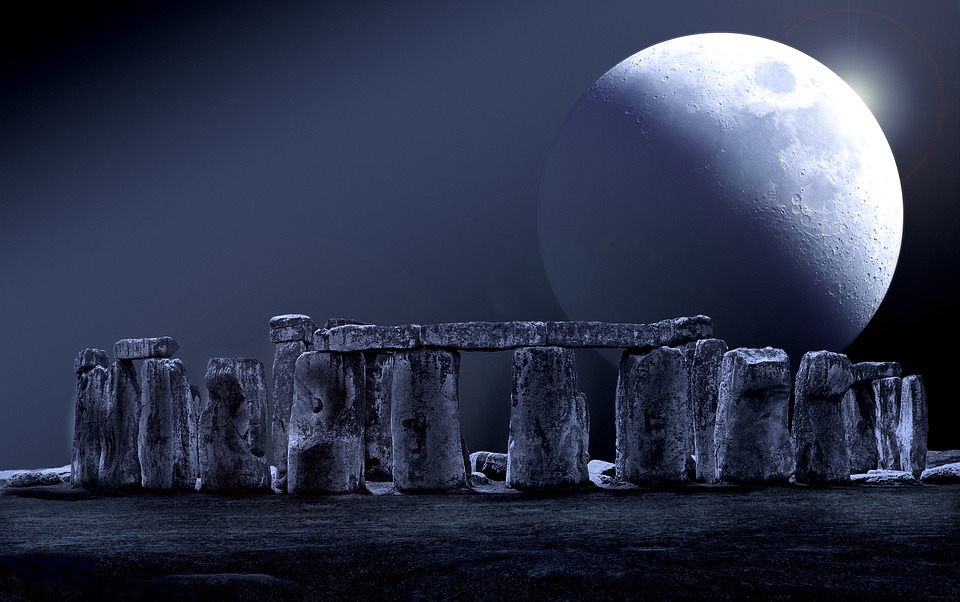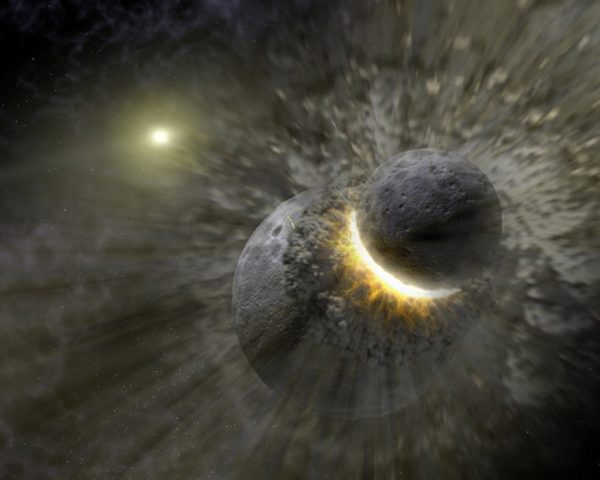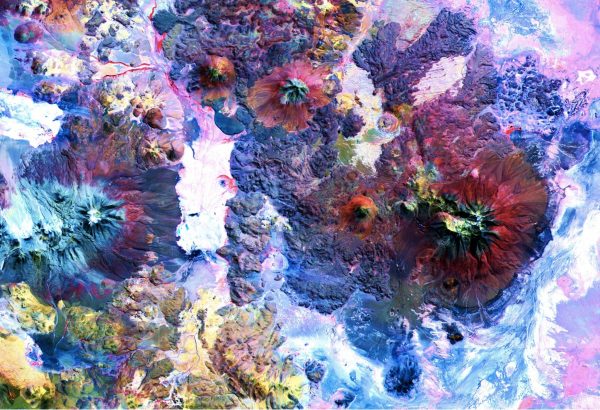HISTORY: What Was Stonehenge For?
Stonehenge is perhaps the most famous of all the henges, vast circular monuments constructed from wood or stone that litter the British countryside. The prehistoric monument was most likely erected in what is now England sometime between 3000 B.C. and 2000 B.C. and some of the stones were transported all the way from neighboring Wales — no small feat for a Stone Age civilization. It must have surely been a gargantuan effort and it begs the question: Why on Earth did they bother? Why did Stone Age people build so many henges? “The short answer is that I don’t know … Read more






